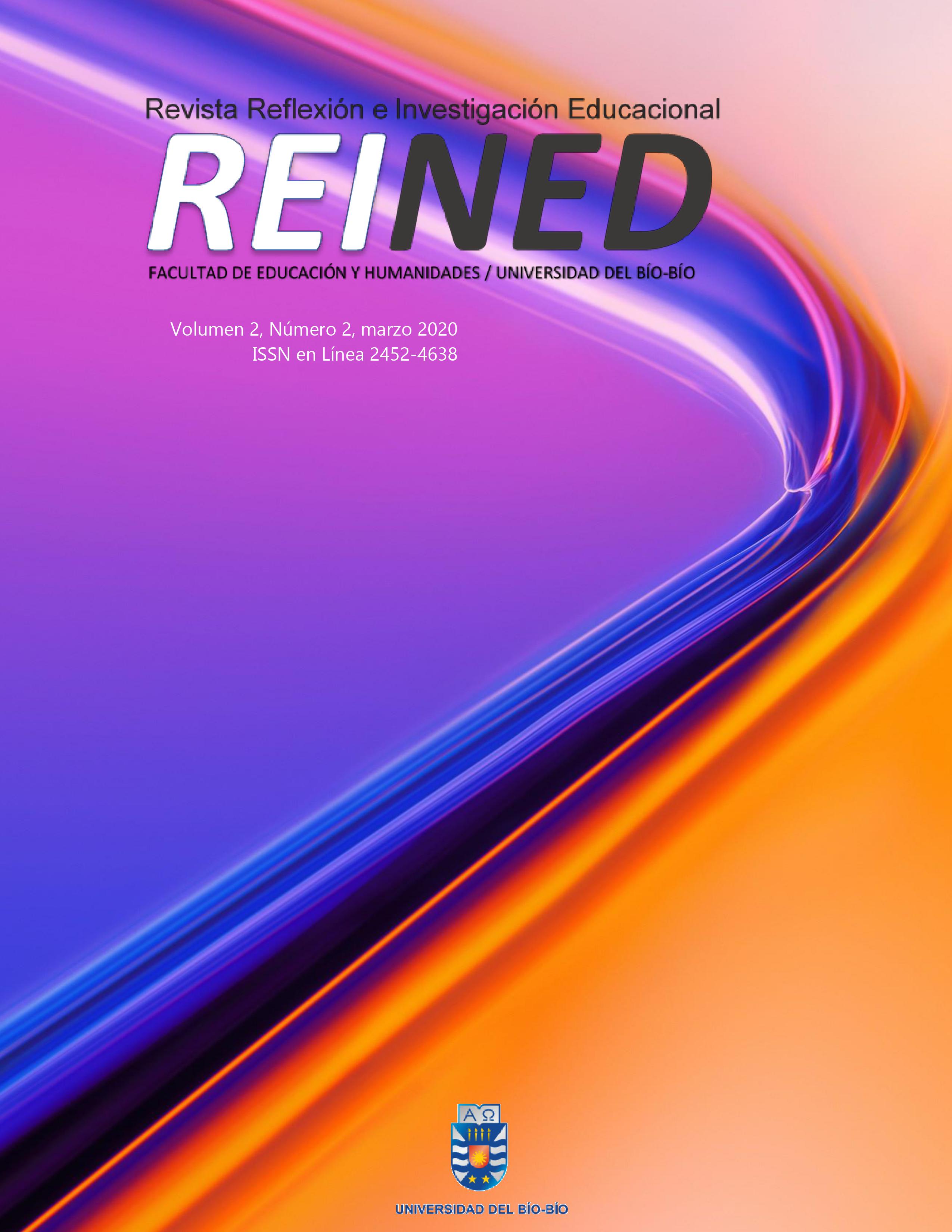Motivation in teachers of secondary education
Main Article Content
Abstract
This research work aims to signify the importance of motivation in the teaching work, and especially in the Compulsory Secondary Education (CSE). The proposed objective has been conducting a pilot study, of descriptive character, in order to know the motivation with which teachers carry out their professional work. Data from one hundred teachers were collected through a questionnaire of twenty questions to determine the elements involved in this motivation. The results showed that 49% of teachers did not feel motivated in their professional practice; and of the main components found, the least motivating was: The lack of support from the political and educational authorities; as well as the working conditions; together with the low participation, preparation, and interest shown by the students, and the low teaching “vocation”. However, what motivated them most was the psychoeducational involvement with the students and the professional promotion and commitment with education, as well as the technical preparation of the teachers. A clear conclusion from this work that there is a need for effective action by public authorities and educational authorities to minimize the negative factors affecting professional motivation.
Article Details
References
Alonso, J. (1999). Motivación y aprendizaje y atención a la diversidad. En Coll C. (Coord.), Psicología de la instrucción: la enseñanza y el aprendizaje en la educación secundaria, (pp. 105-140). Barcelona, ICE/Horsori.
Alonso, J. (2005a). Motivaciones, expectativas y valores relacionados con el aprendizaje. Análisis empírico e implicaciones para la mejora de la actuación docente en la Enseñanza Secundaria y en el Bachillerato. Madrid: Ministerio de Educación y Ciencia.
Alonso, J. (2005b). Motivar en la escuela, motivar en la familia. Madrid: Morata.
Anaya, D., López-Martín, E. (2014). Satisfacción laboral del profesorado en 2012-13 y comparación con los resultados de 2003-04. Un estudio de ámbito nacional. Revista de educación, 365, 96-121
Ausubel, D. (1983). Psicología Educativa. Un punto de vista cognoscitivo. México: Trillas.
Bruner, J. (1969). Hacia una teoría de la instrucción. México: UTEHA.
Bruner, J. (1981). Realidad mental y mundos posibles. Madrid: Gedisa.
Carretero, R.; Liesa, E.; Mayoral, P. y Mollà, N. (2008). El papel de la motivación de los asesores y profesores en el proceso de asesoramiento. Profesorado, Revista de Currículum y Formación del Profesorado, 12(1), 1-15.
Decy, E. L. y Ryan, R. M. (1987). The support of autonomy and the control of behavior. Journal of Personality and Social Psychology, 53, 1024-1037.
Fokkens-Bruinsma, M. y Canrinus, E. (2014). Motivation to become a teacher and engagement to the profession: Evidence from different contexts. International Journal of Educational Research, 65, 65-74.
Gardner, R.C. (2003). Estadística para Psicología Utilizando el SPSS. México: Prentice Hall.
González, M.C. (2003). Claves para favorecer la motivación de los profesores ante los retos educativos actuales. Navarra: Servicio de Publicaciones de la Universidad de Navarra.
Guilar, M. E. (2009). Las ideas de Bruner: "de la revolución cognitiva" a la "revolución cultural". Educere, 13(44), 235-241.
Julián Pérez-Porto, J. y Merino, M. (2018). Definición de calidad educativa. Recuperado de https://definicion.de/calidad-educativa/
Junco, I. (2010). La motivación en el proceso enseñanza-aprendizaje. Revista digital para profesionales de la enseñanza. Federación de Enseñanza de Andalucía. Recuperado de https://www.feandalucia.ccoo.es/docu/p5sd7327.pdf
Martínez Rizo, F. (2009). Evaluación formativa en aula y evaluación a gran escala: hacia un sistema más equilibrado. Revista Electrónica de Investigación Educativa, 11(2), 1-18
Miramón (2007). Estrés y desmotivación docente: el síndrome del “profesor quemado” en Educación Secundaria. Estudios sobre educación Tomo 12, 115-138.
OCDE (2016). Panorama de la educación. Indicadores de la OCDE 2016. Recuperado de http://www.mecd.gob.es/dctm/inee/eag/panorama2016okkk.pdf?documentId=0901e72b82236f2b
PISA (2015). Instituto Nacional de Evaluación Educativa. Ministerio de Educación Cultura y Deporte. Recuperado de: https://www.mecd.gob.es/inee/evaluaciones-internacionales/pisa/pisa-2015.html
Reoyo, N., Carbonero, M.A. Martín, L.J. (2017). Características de eficacia docente desde las perspectivas del profesorado y futuro profesorado de secundaria. Revista de Educación, 376, 62-86.
Torres Santomé, J. (2006). La desmotivación del profesorado. Madrid: Morata.
Viseu, J.; Neves, S.J.; Rus, C. y Canavarro, J.M. (2916). Teacher motivation, work satisfaction, and positive psychological capital: A literature review. Electronic Journal of Research in Educational Psychology, 14(2), 439-461
Woolfolk, A. (2014). Psicología Educativa. Madrid: Pearson Educación.
Wulsin, L. (2014). Prevalence rates for depression by industry: a claims database analysis. Social Psychiatry and Psychiatric Epidemiology , 49, 1805–1821.

